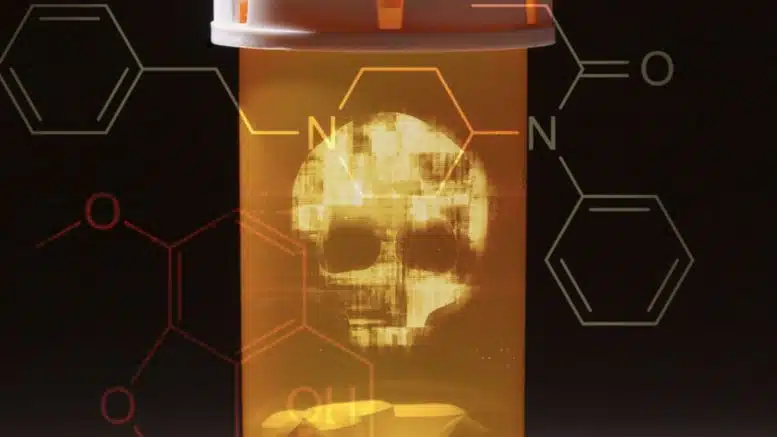After losing her son to substance use disorder, a local mother and retired professor is making her voice heard with a new memoir exposing our health care system’s shortcomings and stigmas in combating the disease.
September is National Recovery Month, and for those who may be struggling with addiction amid our nation’s opioid and fentanyl crisis, Susan Bartz Herrick offers a message of hope. “Recovery is possible,” says the local retired professor, who previously taught at Fayetteville State University, St. Andrews University and Methodist University—and who tragically lost her own son to substance use disorder. “SUD is a disease, not a moral failing.”
In her gripping new memoir, Slow Dancing With the Devil, set to release Nov. 3, Bartz Herrick details the heartbreaking experiences she and her son, Luke, faced throughout his decadeslong battle with SUD. But Luke never stopped fighting to get well. “I’ve never seen somebody fight back so many times,” Bartz Herrick says with admiration—but he ultimately passed away at the tender age of 30 after a relapse led him to unknowingly take an anxiety medication laced with fentanyl.
Bartz Herrick says she felt compelled to write something in the wake of Luke’s death. So, she “made the shift from the grieving mother to an academic” and began to craft a memoir. “What ended up happening was so much of the information Luke and I experienced—and then what I found out through my research—turned out to be a guide for other parents on what to do and what not to do and also exposing some of the challenges,” she shares.

Case in point: According to the American Society of Addiction Medicine, an estimated 41 million Americans are at risk of dying from SUD, yet there are roughly only 7,000 specially trained physicians available to treat them nationwide. “So the disparity, and, I discovered, so much of the stigma, is what’s really driving this,” reveals Bartz Herrick.
A handsome Ivy League student with an emerging career as a Hollywood actor, Luke certainly didn’t fit the typical addict stereotype. “I want to enlighten people to show them what an average person who struggles with SUD really looks like,” Bartz Herrick continues. “Often when we hear about the fentanyl crisis, it’s focused on the drugs coming over the border. And, yes, we need to stop that… but they don’t take a look at who these people really are.”
Though Bartz Herrick is the first to admit our society must do more to care for the millions already afflicted with SUD, recent moves—such as the rollout of over-the-counter Narcan, an opioid overdose-reversing treatment—give her encouragement for the future. “I have seen quite the strong push these past two to three years. It is getting attention,” she says. “The fact [Narcan] is on the shelf now can be life-saving. I really do encourage any and everyone to just go get it.”
In addition to helping readers develop a nonstigmatized view of what SUD really is, one of Bartz Herrick’s greatest hopes for her book is it will educate parents about the different precursors for addiction. “Many parents, even those whose children have died because of this, still say, ‘What could I have done?’ or ‘No, they were just an addict,’” shares the author. “They had a disease no one knows how to treat. It is a downward spiral without somebody saying, ‘Here, let me help you; let me show you the way.’”
Indeed, people must become advocates if they want to create real, lasting change. “I want us to wake up, to challenge our ideals and to not be afraid,” Bartz Herrick declares. “I know my son would not have made it as far as he did had I not just been there fighting and pushing and pushing.” … And continue to push and fight for change she does.

